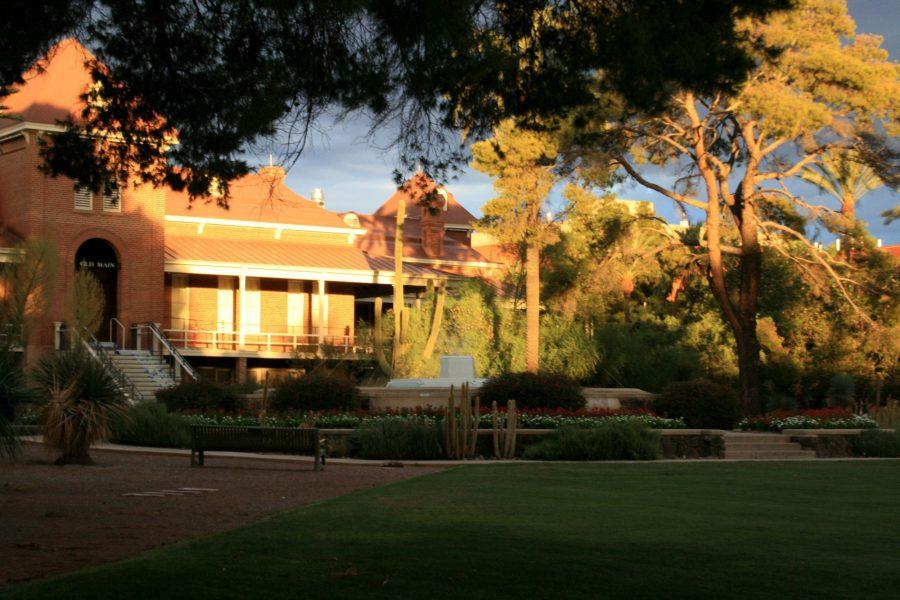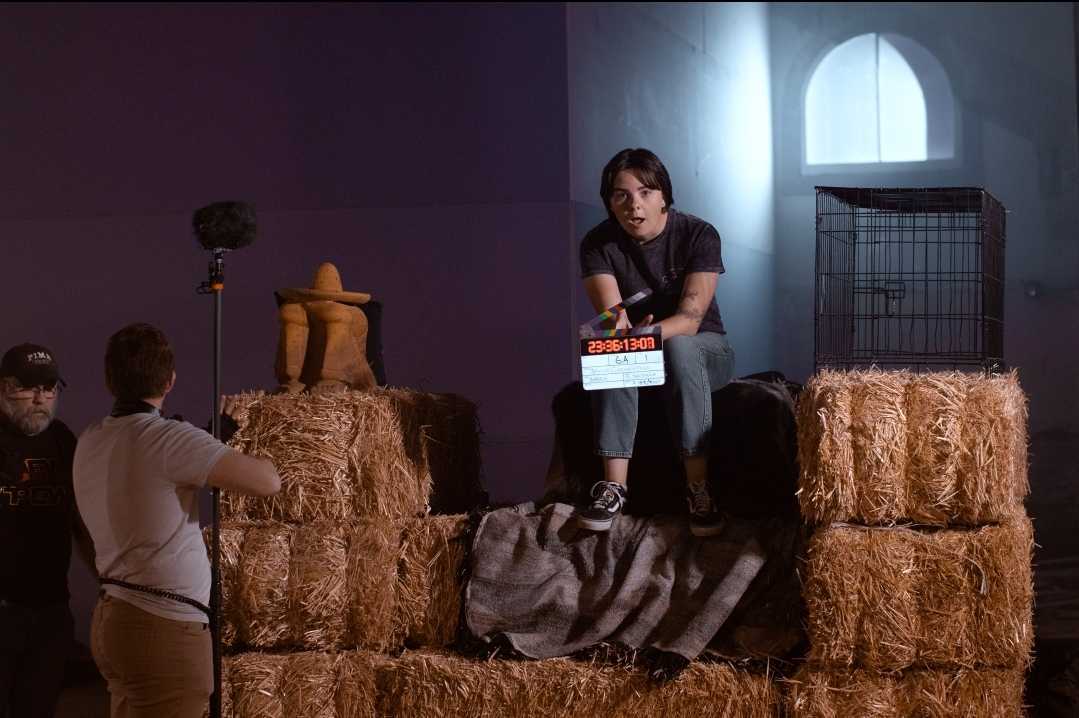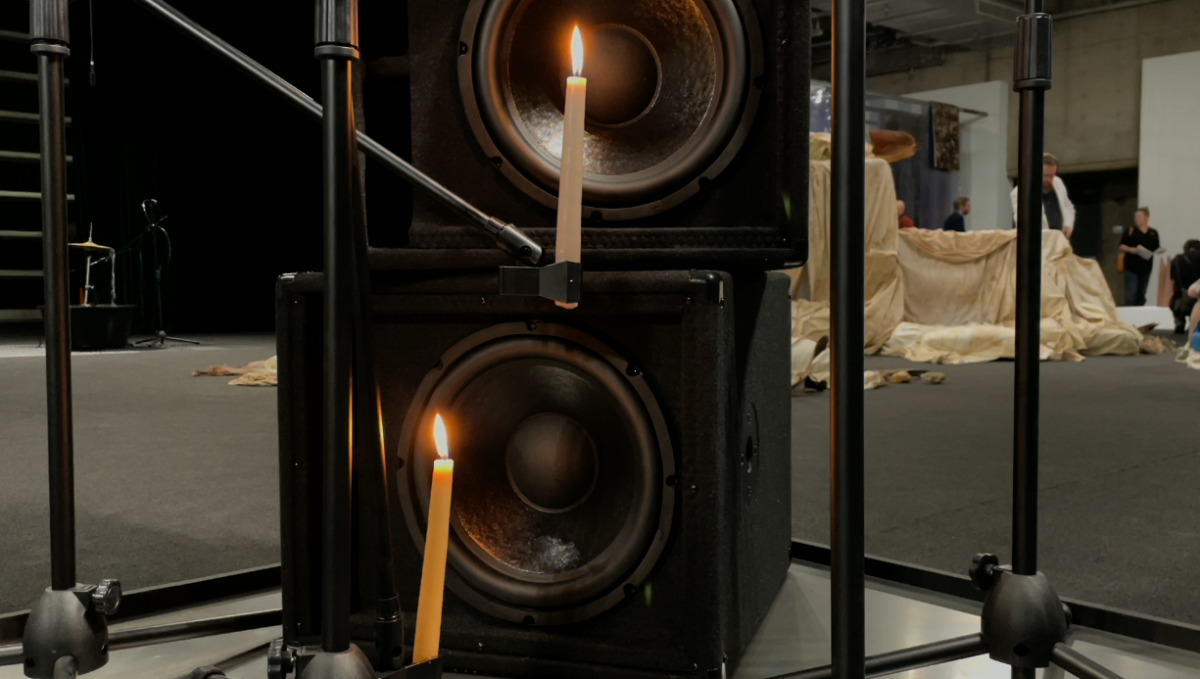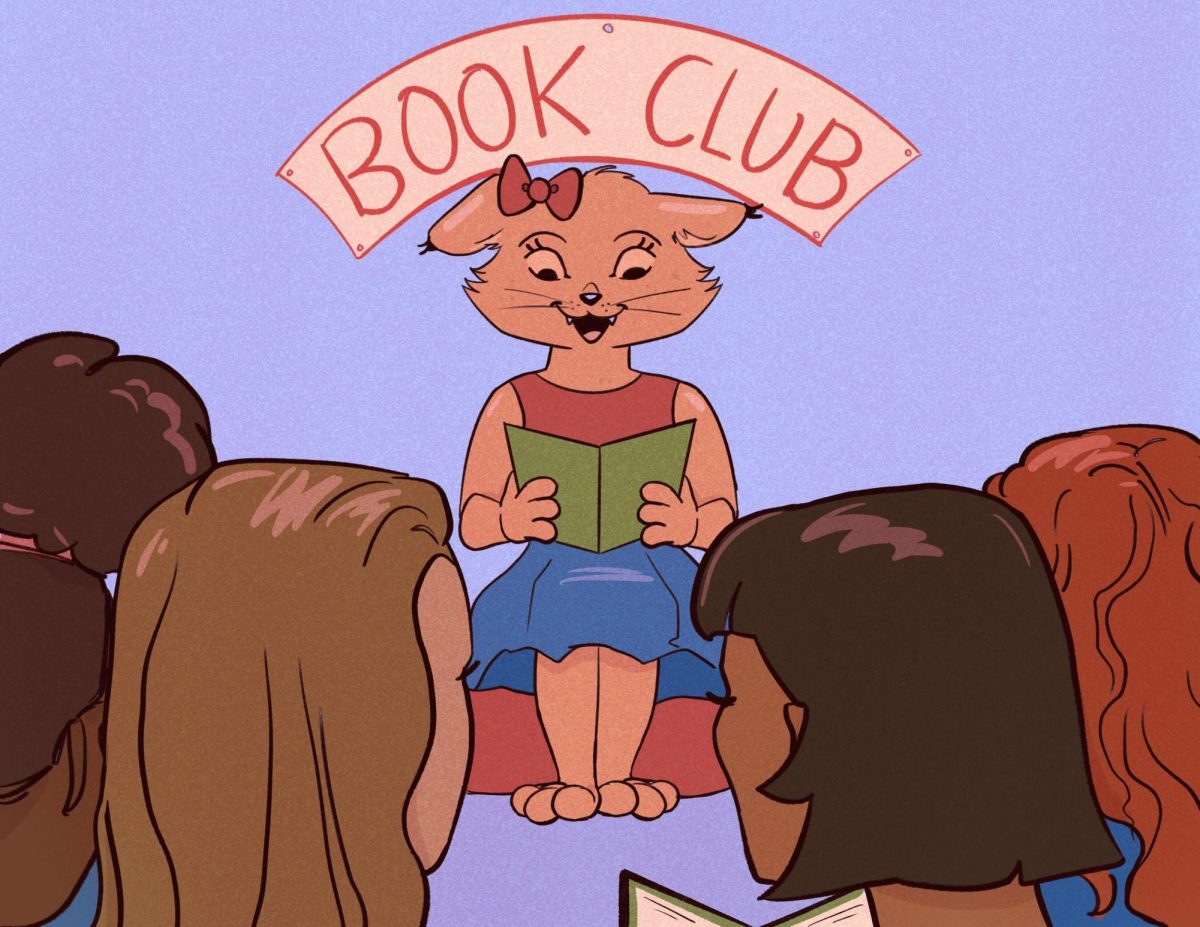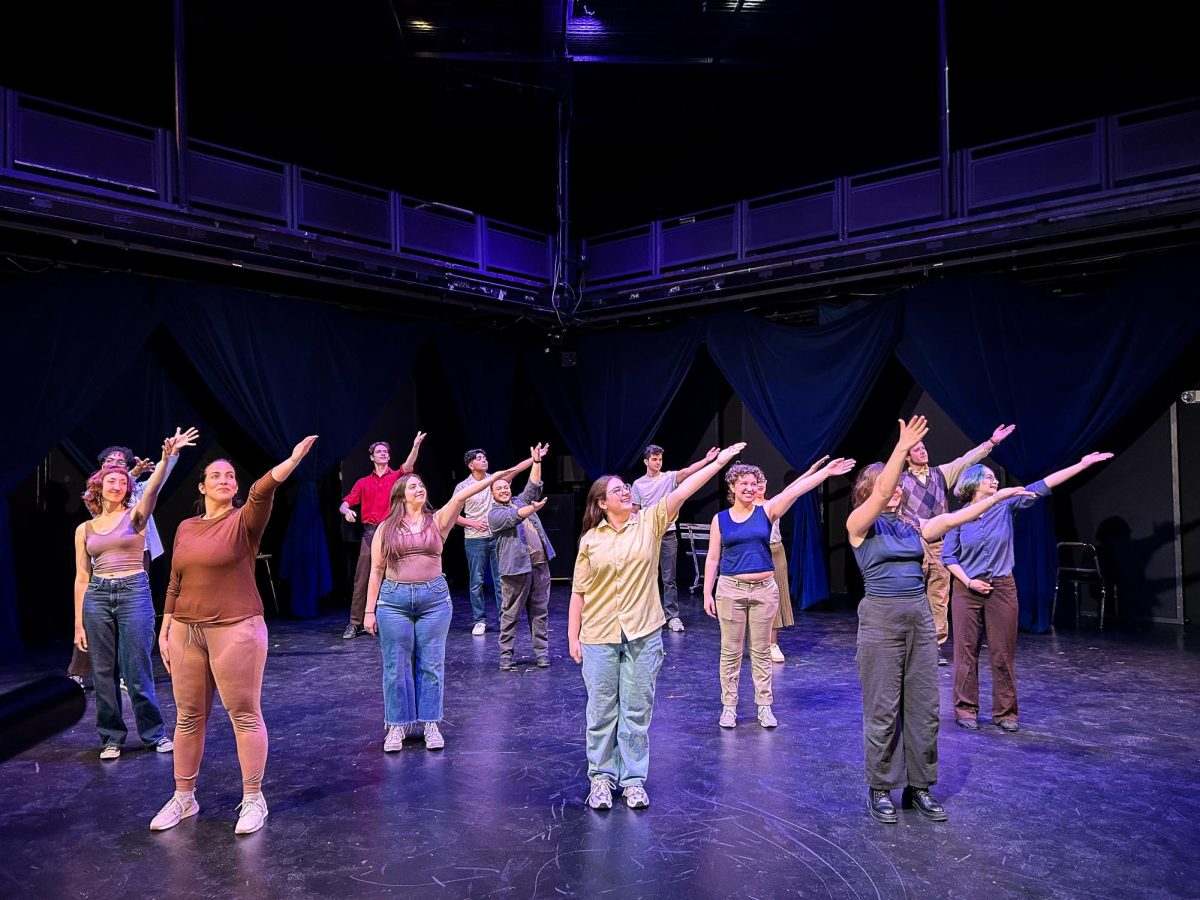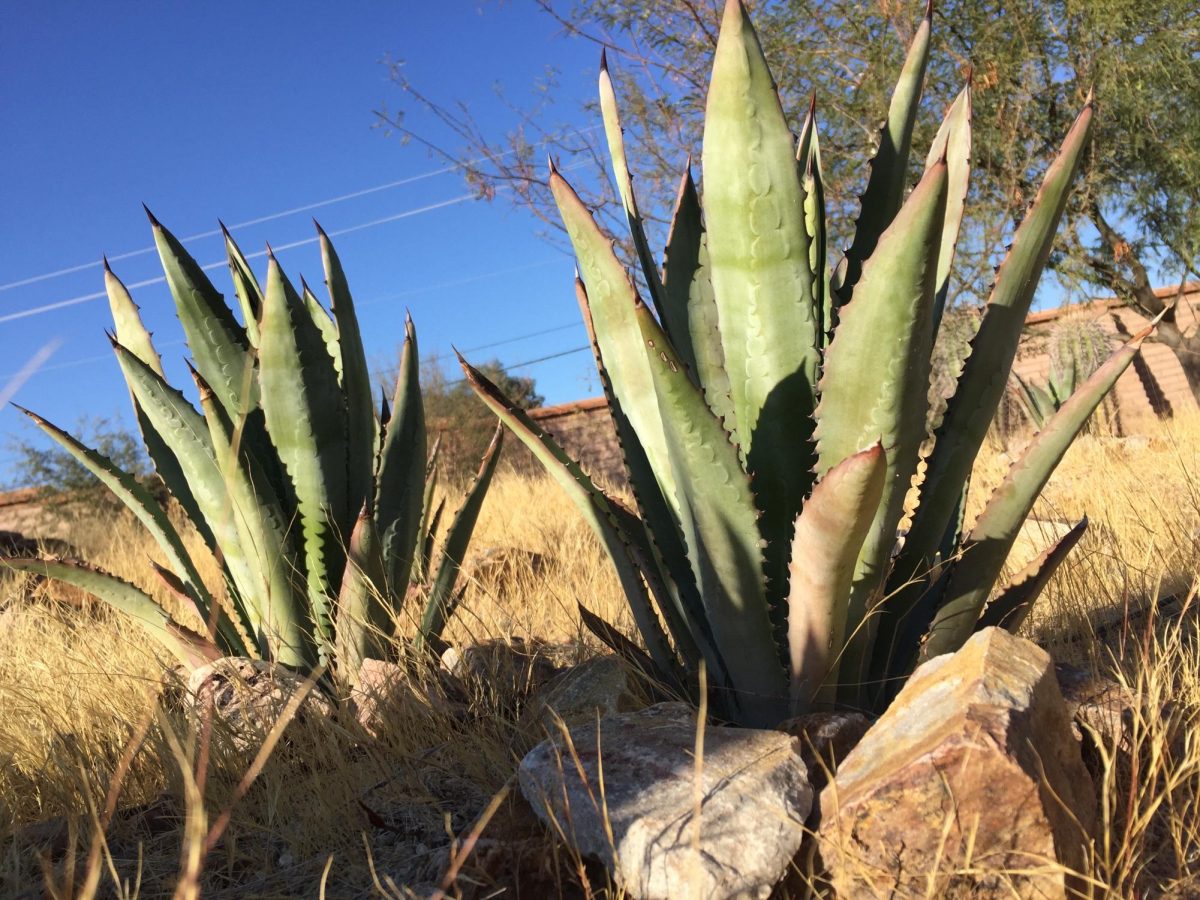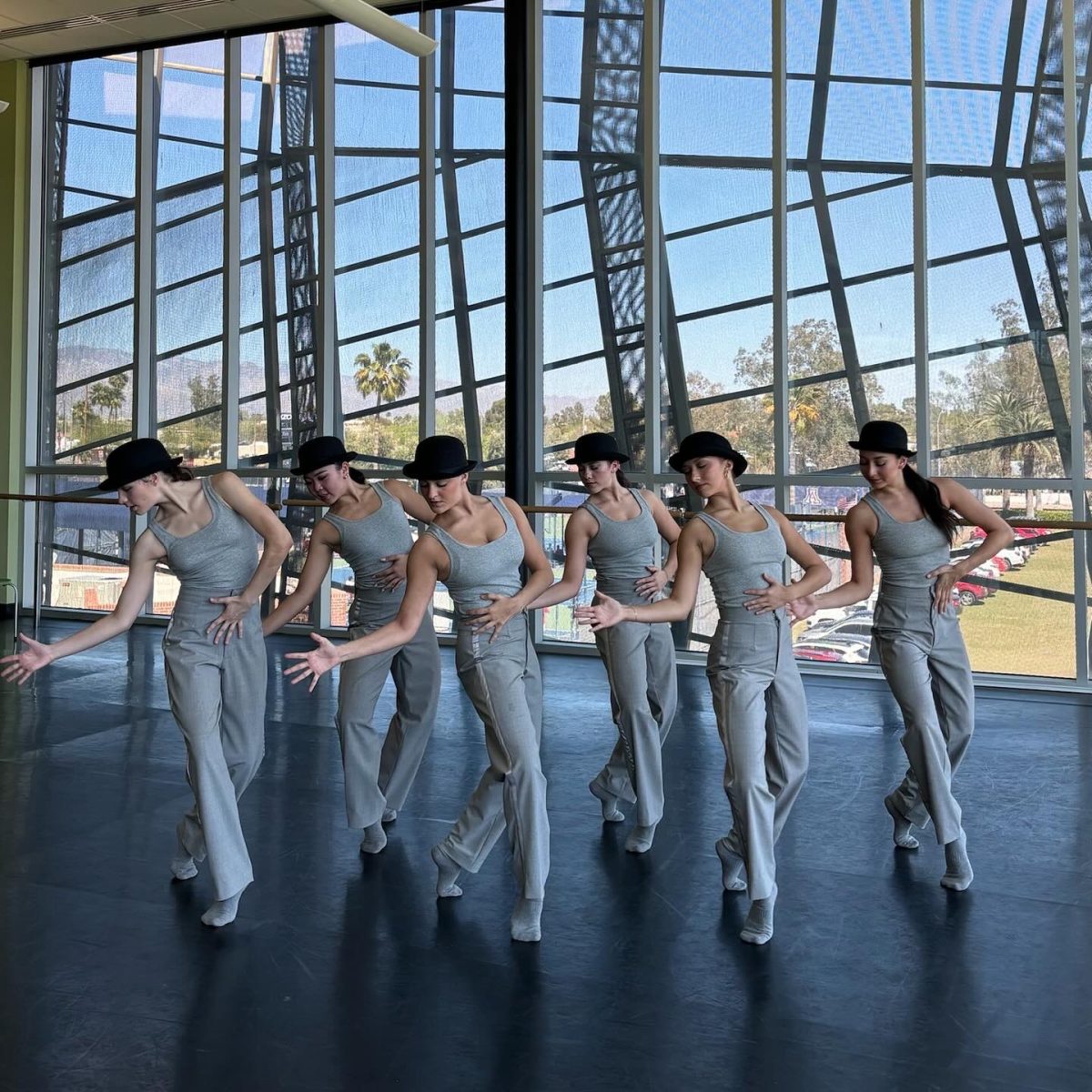The University of Arizona has a variety of different cultural and resource centers that all share the common goal of helping every student succeed and feel welcomed on campus. After more than a year of learning online, many students have felt disconnected from their schools and communities, but reaching out to a cultural or resource center can make a huge difference in one’s college experience. Over the past few months, more and more UA organizations have been slowly opening back up to in-person activities, and these centers are no exception. Any students interested in any of these centers can follow them on their social media accounts and check out each one’s individual website to stay updated on information about future events and announcements.
RELATED: Mark your calendar: Important dates to know for the fall 2021 semester
African American Student Affairs
AASA supports and empowers Black students at the University of Arizona by helping them “achieve academic excellence and an enriching African American cultural experience,” while also learning “more about leadership, social justice, and creating community,” according to its website.
Housed in the Martin Luther King Jr. Building on campus, this center facilitates a wide variety of programs, clubs, events and organizations for Black students that focus on many different subjects such as mental health, community, professional development and so much more.
AASA even has a themed dorm community located in the Pima Residence Hall. Building Leaders and Creating Knowledge — also known as B.L.A.C.K. — is a residential program with the goal of helping students “engage in discourse about the Black community on campus and at large, receive mentorship, and develop understanding of leadership and personal identity,” according to the UA’s Housing & Residential Life website.
Interested students can find more information about B.L.A.C.K. by visiting its web page in the themed communities section under “Getting Started,” on housing.arizona.edu. For more information about AASA, visit its website at aasa.arizona.edu, or check it out on Facebook @AASAUofA and Instagram @aasa_uofa.
Asian Pacific American Student Affairs
According to its website, APASA provides a space and services that can help East Asian, Southeast Asian, Pacific Islander and Desi or South Asian American students at the UA with academic success, social justice education, personal and professional development and more.
On the second floor of the Nugent building on campus, APASA focuses heavily on creating a sense of community, staying culturally connected, advising and tutoring, socializing and succeeding in college. It provides many opportunities for students to grow through a wide range of programs, organizations and clubs such as internships and Greek organizations.
APASA has a themed community residential program as well called Asian Pacific Islander Desi American Scholars — more commonly known as APIDA Scholars. Located in the Yavapai Residence Hall, APIDA can help students find mentors, network, make friends, etc., according to the Housing & Residential Life website.
More information on how to apply for APIDA can be found on its web page in the “Getting Started” section of housing.arizona.edu. APASA updates and announcements can be found at apasa.arizona.edu, on Facebook at @UA.APASA and on Instagram @uaapasa.
Disability Resource Center and Disability Cultural Center
The UA is committed to making our campus inclusive and accessible by working with the DRC to figure out accommodations and environmental changes that can help, according to the center’s website.
At the same time, the DRC focuses on ensuring that every student has an inclusive and accessible learning experience. According to the DRC website, instructors have access to resources that can help them learn and understand how to make their course designs and teaching methods more inclusive and accessible as well as the opportunity to contact the center directly for any questions or concerns they may have.
The DCC — one of the very few in the U.S. according to the DRC website — is an inclusive space for UA students, faculty and staff “to explore and celebrate disability identity, culture and community.” While the DRC focuses on accommodations and environmental changes that can help our campus be more equal for everyone, DCC centers more on the value of discussion and learning as it facilitates numerous programs and events that provide opportunities for learning, collaboration, socializing and more. Visit their Instagram to stay updated on future events and announcements @uadisabilityculture.
To find more information on the DRC and the DCC, visit drc.arizona.edu. Any students interested in connecting with the DRC can learn about the process under the “Students” tab on the website.
Fostering Success
The Fostering Success team, made up of Program Coordinator Dani Carrillo and a group of UA student peer mentors, are dedicated to empowering students who have been in foster care, have struggled with homelessness or housing insecurity or who have no parents or guardians to support them, according to the program’s website.
This community’s mission is to ensure that each student earns their degree, but they also focus heavily on providing the support necessary for each student to achieve their individual academic, professional and social goals, according to the program’s overview page.
After joining, each student regularly works with a peer mentor who can help them with whatever they may need from filling out applications, signing up for healthcare providers, networking, personal and professional development workshops, social events, tutoring or connecting to campus and community resources such as the UA’s Campus Pantry and Campus Closet, local food banks, Your Sister’s Closet and more.
Students interested in Fostering Success are encouraged to press the “Join” button on its website at fosteringsuccess.arizona.edu, where there is also a list of 26 campus and community resources under the “Resources” tab. It can also be found on Facebook @UAFosteringSuccess and Instagram @uafosteringsuccess.
Global Experiential Learning
GEL is a program open to any students at the UA who are interested in learning more about the world with first-hand cultural experiences that involve “themes of interdisciplinary learning through civic engagement, cultural immersion, environmental justice, and social equity,” with a mixture of short trips, scholarship opportunities, extra funding and additional travel resources, according to the GEL website.
“What GEL does is it integrates travel, multicultural education and service learning to provide diverse and inclusive opportunities for all UA students,” said GEL Director Dan Xayaphanh while introducing the program during one of its 2020-21 webinar presentations.
Recordings of the webinar series, created during the pandemic to continue global education online rather than in person, can be found on the “GEL UArizona” YouTube account. Visit gel.arizona.edu for more information on GEL, or check out the center’s Facebook or Instagram, both @uofagel, for updates and announcements.
Adalberto and Ana Guerrero Student Center
The Guerrero Student Center’s mission is to provide the resources and support needed for students to achieve their personal, academic and professional goals through programs, events, cultural celebrations, mentors, Greek organizations, clubs and more.
Located in the César E. Chávez Building on campus, this center aims to create a comfortable and inclusive space for students that feels like a home on campus, according to its website. The “Programs” page of the website highlights this focus on community with its tradition to hold many events throughout each year where anyone from students, faculty, staff and even friends and Tucson locals are welcome to participate.
To learn more about the Guerrero Center, go to chsa.arizona.edu, and stay updated on future events and announcements on Facebook @UOFAGSC and Instagram @ua_guerrero.
Hillel Center
The UA’s Hillel Center’s mission is to help students “build a vibrant, diverse, meaningful, and empowered Jewish community” on campus, according to its website. Students have the opportunity to travel to Israel, explore their identities, make friends, network and grow personally and professionally through leadership activities such as community service, internships, social justice groups and much more.
According to their website, this center, housed in the Hillel Foundation building on campus, aims to have an inclusive and welcoming environment with “cozy vibes.” Students are encouraged to stop by and hang out any time “wherever [they] are on [their] Jewish journey.” Whether it’s to have discussions, enjoy some free food or even just to chill, this center welcomes everyone.
Anyone interested in staying updated on or connecting with the UA’s Hillel Center can find more information on uahillel.org or on Instagram @hillelarizona.
Immigrant Student Resource Center
The ISRC works with UA students with immigrant and refugee backgrounds — including those with Deferred Action for Childhood Arrivals work permits — in an effort to support them throughout their college career and to graduation, according to its website. It can provide students with “academic, career, scholarship, & social support,” as well as legal resources and education.
This center also aims to educate as many people as possible about immigration through campus events that anyone can attend, according to its brochure. The ISRC also regularly uses social media to raise awareness about immigration and social justice issues, which can be found on Instagram @uaisrc.
In order to stay updated on future events and announcements, the ISRC can also be found on their website at immigrant.arizona.edu.
International Student Services
ISS works to help all international students succeed at the UA and beyond. According to its website, this center offers support to more than 4,000 international students in a number of different ways such as immigration education, academic help, leadership opportunities, frequent social opportunities and advising.
The ISS also has a vast library of resources and information on its website that any international students or prospective students can view to learn more about the UA, campus support services, ISS programs, cost breakdowns, traveling to the U.S., orientation and much more. These resources can be found under the “New Students” tab on the ISS website at global.arizona.edu/iss or through MyGlobal, which can be found on the homepage.
ISS updates can also be found on its Facebook @isps.arizona and Instagram @iss.arizona.
LGBTQ Affairs
LGBTQ Affairs facilitates a variety of trainings, programs and events dedicated to educating the UA community and making campus a safer and more inclusive environment for thousands of UA students every year, according to its website.
On the fourth level of the Student Union Memorial Center, LGBTQ Affairs also focuses on making the center itself a welcoming space on campus, where anyone can drop by to “study, eat their lunch, host student organization meetings, and socialize,” any time. There are numerous ways to get involved with the community whether it’s joining an LGBTQ+ Greek organization or club, attending a discussion group or just showing up to make friends.
The center’s website also has an extensive collection of resources available to students, faculty and staff on a variety of topics including free online workshops to become Safe Zone trained, which is an initiative focused on making the UA safer and more inclusive through education.
These resources and more information on LGBTQ Affairs can be found on lgbtq.arizona.edu as well as on Facebook @UALGBTQAffairs.
Native American Student Affairs
According to its website, NASA is dedicated to helping Native American and Alaska Native students at the UA achieve their academic goals and grow as individuals and leaders in their communities with a wide variety of programs, counseling, learning and leadership opportunities.
Located in the Nugent building, this center strives to “advance the on-going development of a culturally competent campus community with an emphasis on social justice education,” according to its website. Along with working to educate the community, NASA also focuses on creating a safe and welcoming environment for its students specifically by hosting events, clubs and organizations — like the Alpha Pi Omega sorority and the Society for the Advancement of Chicanos and Native Americans in Science — that can help with making friends, feeling more connected to the community and even networking.
NASA also has a vast list of scholarship resources on its website as well as local tribal resources. To find these as well as more information on how to reach out to this center, visit its website on nasa.arizona.edu. Future updates and announcements can also be found on Facebook @UANASA.
Veterans Education & Transition Services Center
VETS works to support the success of UA students who are military veterans or service members as well as other military-connected students (such as spouses and dependents), according to its website. Through a variety of programs and services such as peer mentors, interview workshops, counseling, financial aid, resume critiques and more, this center can help ease the transition into college life.
With two locations, the main being on the fourth floor of SUMC and one at the UA Health Sciences Library specifically for those in the healthcare field, military-connected students can drop by any time to be a part of the VETS community. There are also many group activities and opportunities for students to make friends on campus.
To find out how to connect with VETS, visit its website on vets.arizona.edu, and check out its social media for future updates and announcements on Facebook @UArizonaVETS and Instagram @uarizonavets.
Transfer Student Center
The TSC wants to help transfer students “do more, learn more and achieve more” at the UA by helping them earn their degrees according to its website. Specifically, this center provides opportunities for transfer students to make local connections in Tucson, gain leadership experience and connect with other transfer students by attending social events.
UA transfer students can also join the Tau Sigma National Honor Society (also known as Tau Sigma Beta Omega), which can provide “motivation for academic excellence as well as a common bond and sense of community” along with many networking opportunities.
Transfer students interested in learning more about the TSC and what it has to offer can go to its website at transfercenter.arizona.edu or follow the center on Facebook @UofATransfer and Instagram @uofatransfer.
RELATED: Tucson: A city recognized for its distinctive and creative culinary accomplishments
Women and Gender Resource Center
The WGRC is a group of “diversely feminist, social-justice oriented individuals” who strive to make the UA community better for everyone through diversity and social justice education, activism, collaboration, programming, engagement and personal growth opportunities outside of the classroom.
Housed on the fourth floor of SUMC, this center provides students with opportunities to make friends and find community while also educating themselves and others and advocating for social justice. WGRC “invites students to hang out, eat, study, or meet” in its space as it strives to have a welcoming and inclusive environment.
The WGRC also has clubs and a list of affiliated organizations listed on its website — such as Women in Science and Engineering and LGBTQ Affairs — and a library of related resources on campus and in Tucson. To find these and more, visit wgrc.arizona.edu or check the WGRC out on Facebook @WGRCUA and on Instagram @wgrc_ua for future updates.
Follow JT Thorpe on Twitter



